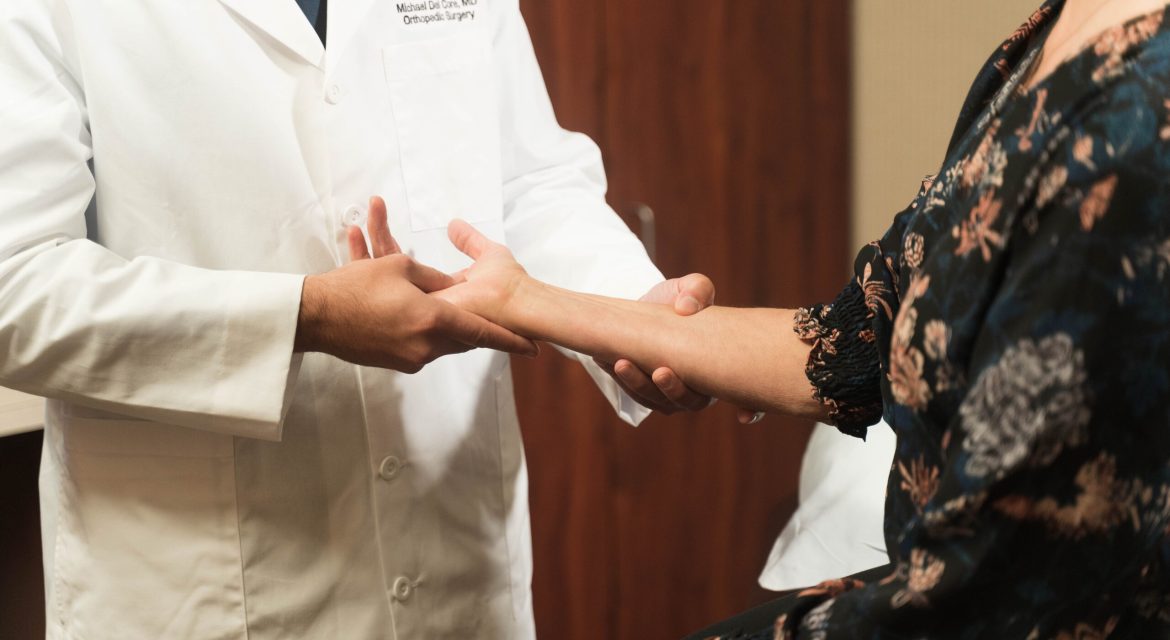MD West One treat tendon injuries as part of its dedication to delivering a full range of care options for its patients. Tendon injuries can significantly impact your mobility and strength, limiting the affected area’s functioning. When you come to see the MD West One team for your care, we’ll determine the severity of your injury. We’ll then develop a treatment plan to help you heal properly and return to your favorite activities.
Learn More About Care Options For Tendon Injuries
The most common reason individuals develop tendon injuries is due to sports-related trauma. However, repetitive motion, overuse, and accidents quickly follow sports-related trauma as a source of tendon injury. Tendons are bands of fibrous tissue that typically secure bones to the muscle. However, your eyes are also connected to the muscles by tendons. These connections allow the muscle to move the bone or connected structure.
Tendon injuries come in three primary forms, these forms include:
- Tendonitis – When inflammation from overuse or repetitive stress occurs, it can lead to pain and swelling that can impede the range of motion. This condition is known as tendonitis.
- Tendon Tears – Tearing of the tendon can result in weakness, severe pain, and struggles with daily activities. These tears can occur suddenly as part of an acute injury or develop slowly.
- Tendon Ruptures – When a tendon completely separates from the bone or muscle, it’s known as a tendon rupture. This kind of injury requires immediate surgical intervention for the best chances of recovery.
Our facilities provide access to the following treatment options for tendon injuries. Non-surgical options start with rest and immobilization of the impacted tendon. Simply easing the strain on the tendon often provides the time it needs to heal properly. This is often combined with physical therapy, such as exercises to strengthen the muscle with gentle stresses. Medications may also be provided to ease discomfort and inflammation.
Our surgical options include tendon repair procedures where the tendon is surgically reattached. This allows them to slowly heal over time, often in combination with the non-surgical options listed above during recovery. Tendon grafting can be used when a portion of the original tendon is damaged or removed. This tendon is taken from elsewhere in the patient when possible, though donor sources may also be used.
Following your treatment, you must follow the guidelines provided by our team regarding your recovery. Your recovery plan will be tailored specifically to you and can include the following:
- Physical Therapy – Exercises that improve flexibility, range of motion, and strength.
- Modalities – Therapeutic techniques, including electrical stimulation and temperature therapy.
- Functional Training – Activities aimed at improving coordination and balance and restoring functional abilities you use daily.
See MD West ONE For Your Tendon Injury Care
Our team is led by Dr. Michael A. Del Core and is dedicated to your health and successful recovery. Pain and limited function can significantly impact your life, but we can help you find hope and relief. Call (402) 390-4111 to schedule your first consultation at one of our four locations.

















